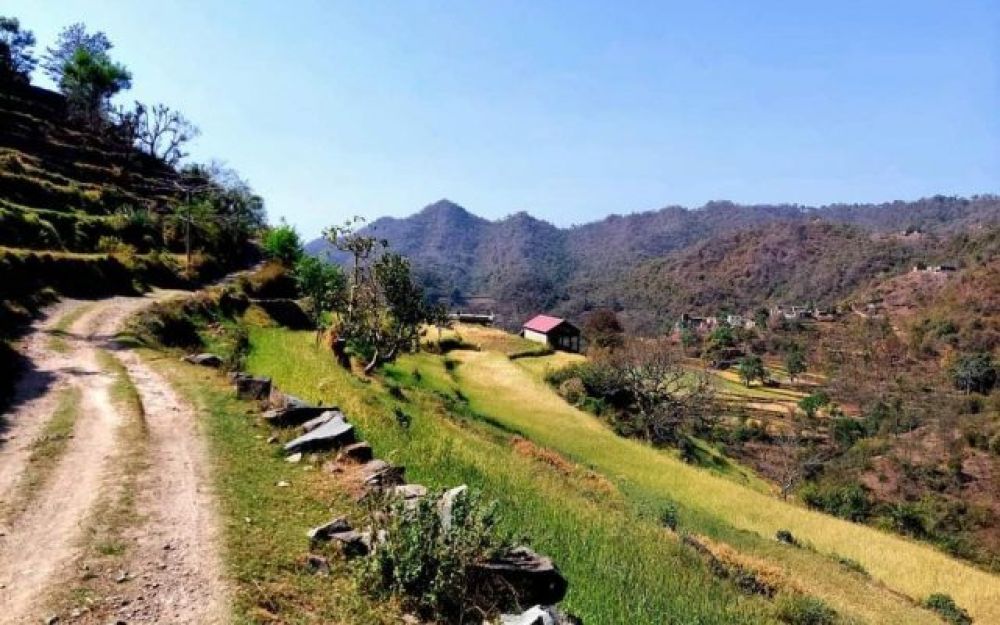

The quaint and picturesque Morni Hills are nestled in the Panchkula district of Haryana, India. Renowned for its lush greenery, diverse flora, and captivating landscapes, Morni Hills has a history imbibed with tranquility and the allure of Mother Nature. Though not as commercialized as other hill stations, the place has slowly and steadily made its mark on the tourism map of India.
Historically, Morni Hills has been a quiet retreat, with its significance dating back to the time of the Rajputs and later the Mughals. The area gets its name from the Queen Morni, who is said to have ruled this region. The presence of ancient temples and the 10th century Morni Fort, which stands as a sentinel, remind visitors of the area's significant past. It's not just the historical structures, but the remnants of the past in the culture and traditions of the local inhabitants that bring alive the history.
The tourism history in Morni Hills is relatively recent. It began to emerge as a tourist destination in the latter part of the 20th century when travelers started looking for new and offbeat locations. The government recognized the potential of Morni Hills and initiated steps to develop it into a tourist hub, promoting its scenic beauty, rich biodiversity, and peaceful environment.
Over the years, with government efforts and an increase in domestic tourism, Morni Hills started gaining popularity among those seeking solace away from bustling city life. Development of infrastructural facilities including roads, guest houses, and adventure sport spots like trekking paths and rock climbing, paved the way for an enhanced tourist experience. Many visit the area to enjoy the twin lakes, namely Tikkar Taal, which have a mythological significance, and to indulge in bird watching, as the hills are a haven for numerous bird species.
In recent years, tourism trends have seen a shift with an emphasis on sustainable and eco-friendly practices. Morni Hills has adapted to these changes by promoting ecotourism and activities that encourage environmental conservation. Visitors are more inclined towards experiencing the local culture, participating in farm stays, and enjoying nature-based activities. Additionally, adventure tourism has seen a rise with more trekkers and outdoor enthusiasts flocking to Morni Hills for its natural trails and rock formations.
Currently, Morni Hills is a cherished weekend getaway for those living in nearby cities like Chandigarh and Delhi. With its cool climate, serene environment, and relatively untouched natural beauty, it presents tourists with a perfect escape from the monotonous city life. As tourism continues to grow, there are concerted efforts to balance development with the conservation of Morni Hills’ unique ecosystem, ensuring it remains a pristine destination for generations to come.